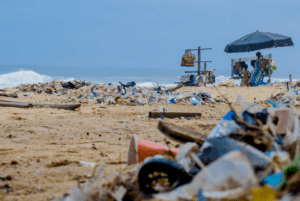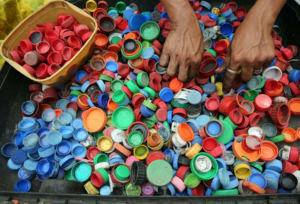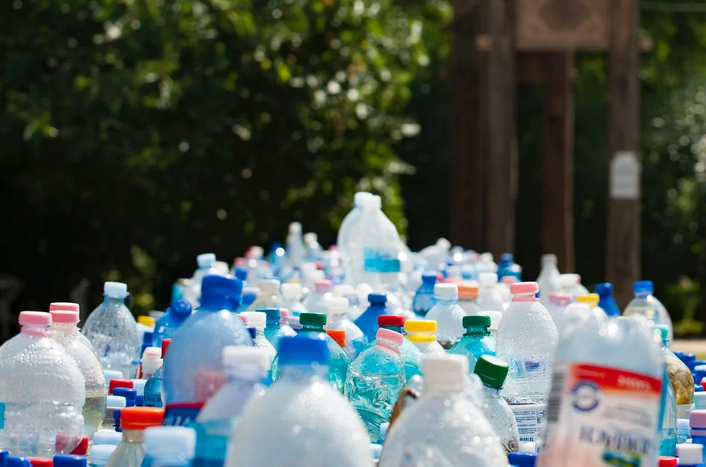Plastic is one of the most commonly used materials in the world. It is cheap, versatile, and easy to produce. However, there are many drawbacks to using plastic that often go unnoticed.
Let us see some of the cons of plastic and how it harms both the environment and our health. After reading this, you should switch to safer alternatives to help protect the environment.
It Takes a Lot of Energy to Produce
 Not only does it take a lot of energy to produce plastic, but it also releases harmful toxins into the environment. The process of making plastic uses fossil fuels like natural gas and oil, which release greenhouse gases into the atmosphere.
Not only does it take a lot of energy to produce plastic, but it also releases harmful toxins into the environment. The process of making plastic uses fossil fuels like natural gas and oil, which release greenhouse gases into the atmosphere.
In addition, when plastic is produced, it emits pollutants like sulfur dioxide and nitrogen oxide, which can contribute to acid rain and smog. These pollutants can also cause respiratory problems in humans, and they can damage plant life and wildlife.
It Releases Harmful Toxins When Burnt
When plastic is burnt, it releases harmful toxins into the air. These toxins can cause respiratory problems and other health issues in humans.
It Litters Landfills and Oceans
 It takes centuries for plastic to decompose, so it litters our landfills and oceans for generations. Animals often mistake plastic for food and eat it, which can cause them to starve or choke to death.
It takes centuries for plastic to decompose, so it litters our landfills and oceans for generations. Animals often mistake plastic for food and eat it, which can cause them to starve or choke to death.
Plastics are also a major source of pollution in our oceans. Every year, tons of plastic end up in the water, polluting the environment and harming marine life. They can also pollute the environment and harm wildlife.
It Contains Harmful Chemicals
Plastic contains harmful chemicals that can leach into our food and water. These chemicals have been linked to health problems such as cancer, reproductive issues, and developmental problems in children.
It Is a Leading Cause of Death in Marine Animals
 The ocean is full of plastic, and it’s having a devastating effect on marine life. Turtles, seabirds, and other animals often mistake plastic for food and eat it.
The ocean is full of plastic, and it’s having a devastating effect on marine life. Turtles, seabirds, and other animals often mistake plastic for food and eat it.
In addition to harming individual animals, plastic pollution is also having a significant impact on entire ecosystems. For example, plastic debris can absorb harmful chemicals and spread them throughout the food chain. The chemicals in plastic have been linked to cancer and other health problems in humans.
It Is a Major Contributor to Climate Change
Plastic production and waste are a major contributor to climate change. The manufacturing of plastic emits greenhouse gases, and the incineration of plastic waste releases even more into the atmosphere.
So, next time you reach for a plastic bag or bottle, think about the negative impacts it could have on the environment and your health. Choose reusable alternatives whenever possible to help reduce pollution and protect our planet.
